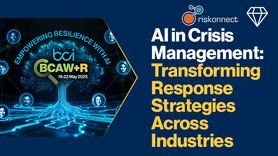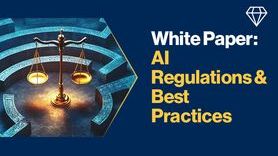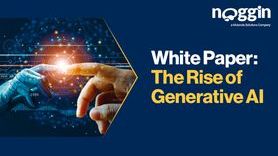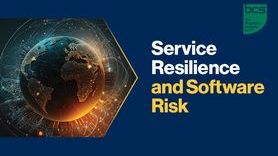World’s first Artificial Intelligence (AI) Act legislation
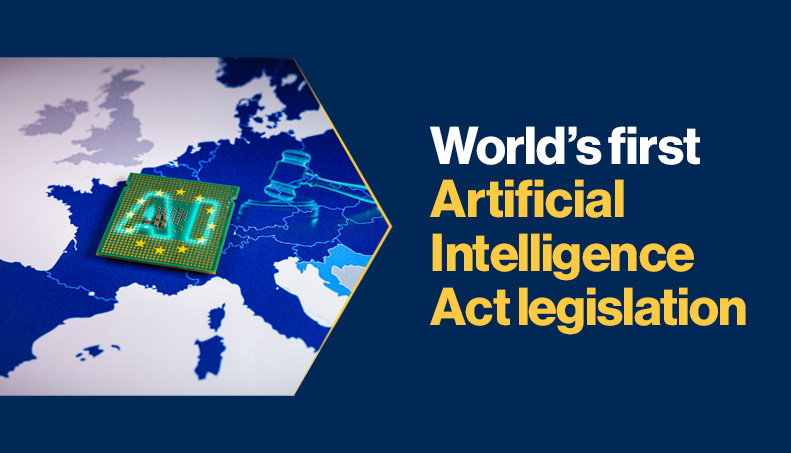
Artificial intelligence (AI) use in the European Union (EU) is set to be regulated by the newly passed AI Act, the first of its kind in the world. On 21st May, EU countries endorsed a political deal reached in December which now makes the act legally binding.
This new European law sets out a uniform legal framework for AI use and guides the development and uptake of AI systems in the private and public sectors, ensuring they are trustworthy and respect EU citizens’ rights.
This flagship legislation follows a risk-based approach that categorises AI types and systems into risk levels. The higher the risk for societal harm, the stricter the rules around its use. AI use of cognitive behavioural manipulation, social scoring, and predictive biometric data policing systems that categorise race, religion and sexual orientation are banned. The landmark act applies to all areas of EU law, but there are some exemptions for defence, military, and research purposes.
Sectors using high-risk AI will need to register on a central database of high-risk AI systems, take (and pass) a fundamental rights assessment, and submit regular audits. Organizations found breaching the new AI Act face fines by the European Commission of up to 7% of their annual global revenue, or up to 35 million euros, depending on which is highest.
Europe’s adoption of the AI Act brings new regulatory requirements to organizations using AI systems, but it will also assist organizations balance their increasing use of AI with their risk profile and need to verify compliance. Regulated organizations in particular may find benefits in the new AI law’s set regulations.
Practitioners should look to audit their organization’s use of AI against the new legislation and consider alternative means of data sourcing and analysis where it can no longer be used. Although this is an EU law, it has a global reach. Organizations using EU customer data, but situated outside of the EU, will also need to comply.
According to the independent report Unlocking Europe’s AI Potential in the Digital Decade, AI adoption in European businesses has increased by 32% since last year, so it’s likely this legislation will affect many practitioners’ organizations. However, when considering the use of AI in resilience settings (e.g. AI generation of training scenarios, internal data management, and assistance in plan building), the act, in its current form, will have little impact on day-to-day activities. Keeping track of new developments to legislation is vital, however, and practitioners may wish to consider incoming AI regulation as a potential risk to be monitored.
This landmark act may be the first of its kind in the world, but it’s not set to be the last. As AI progresses at a rapid rate, new laws and legislation will be required to manage its potential for harm. Future legislation in other regions is already in progress.










